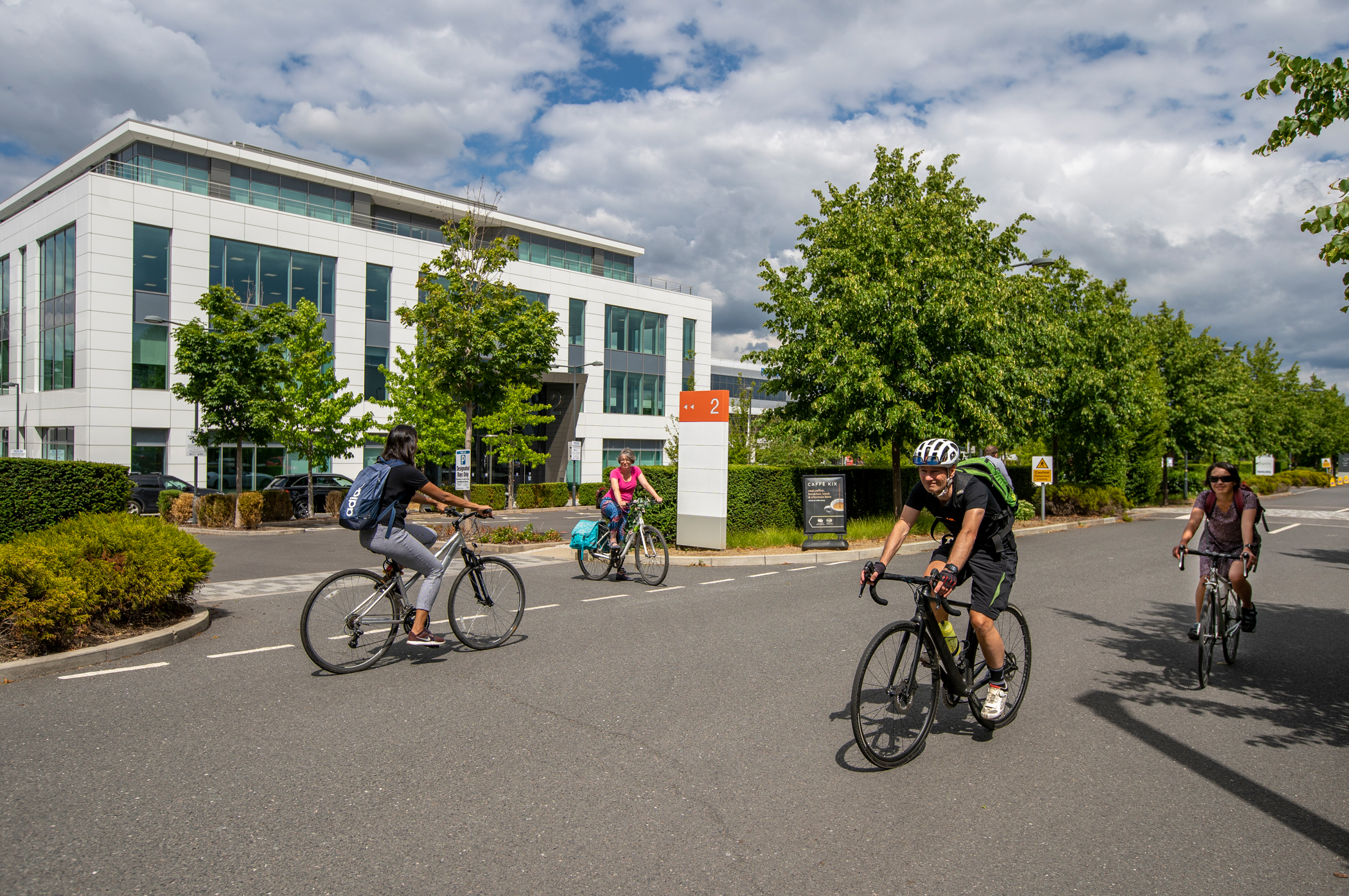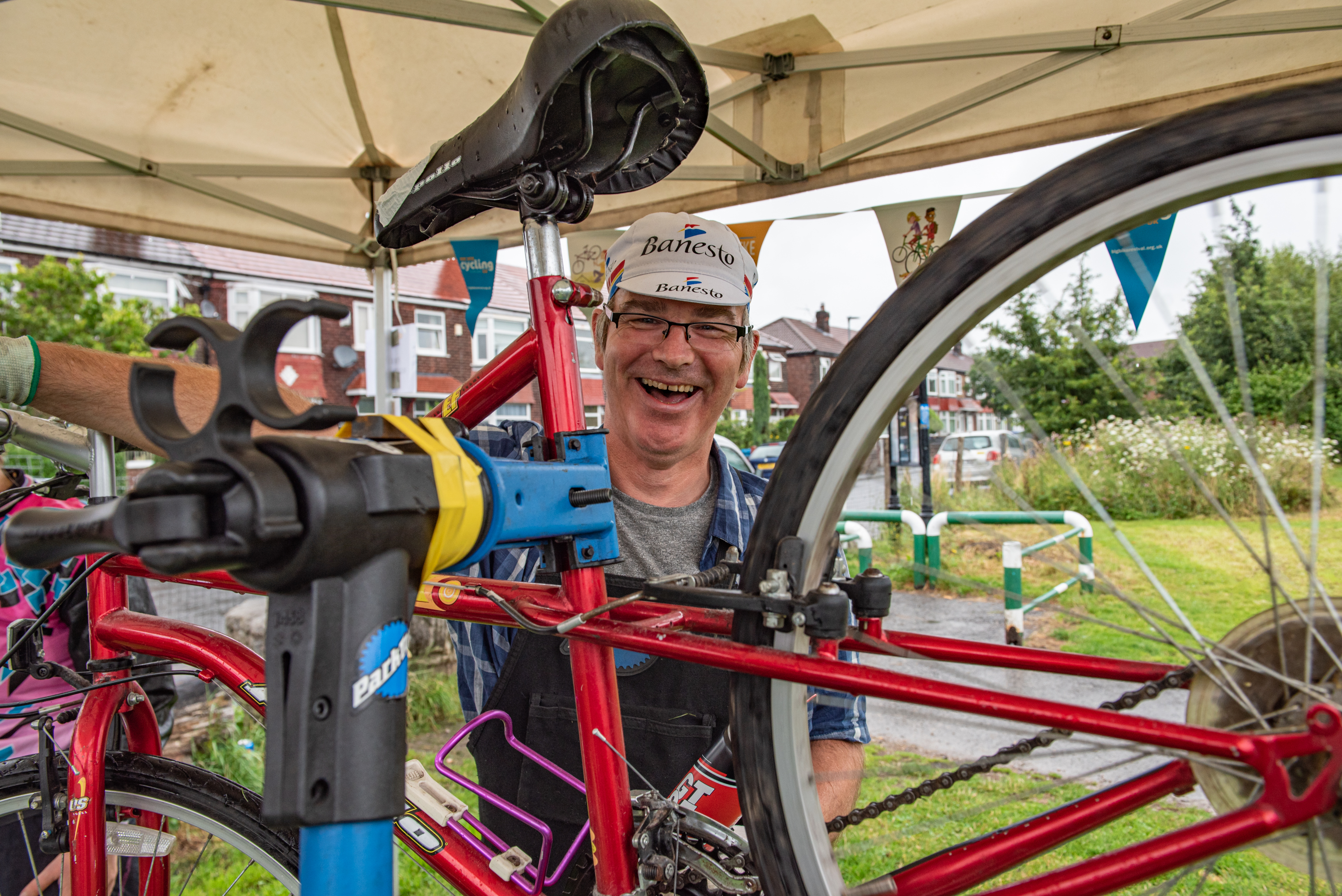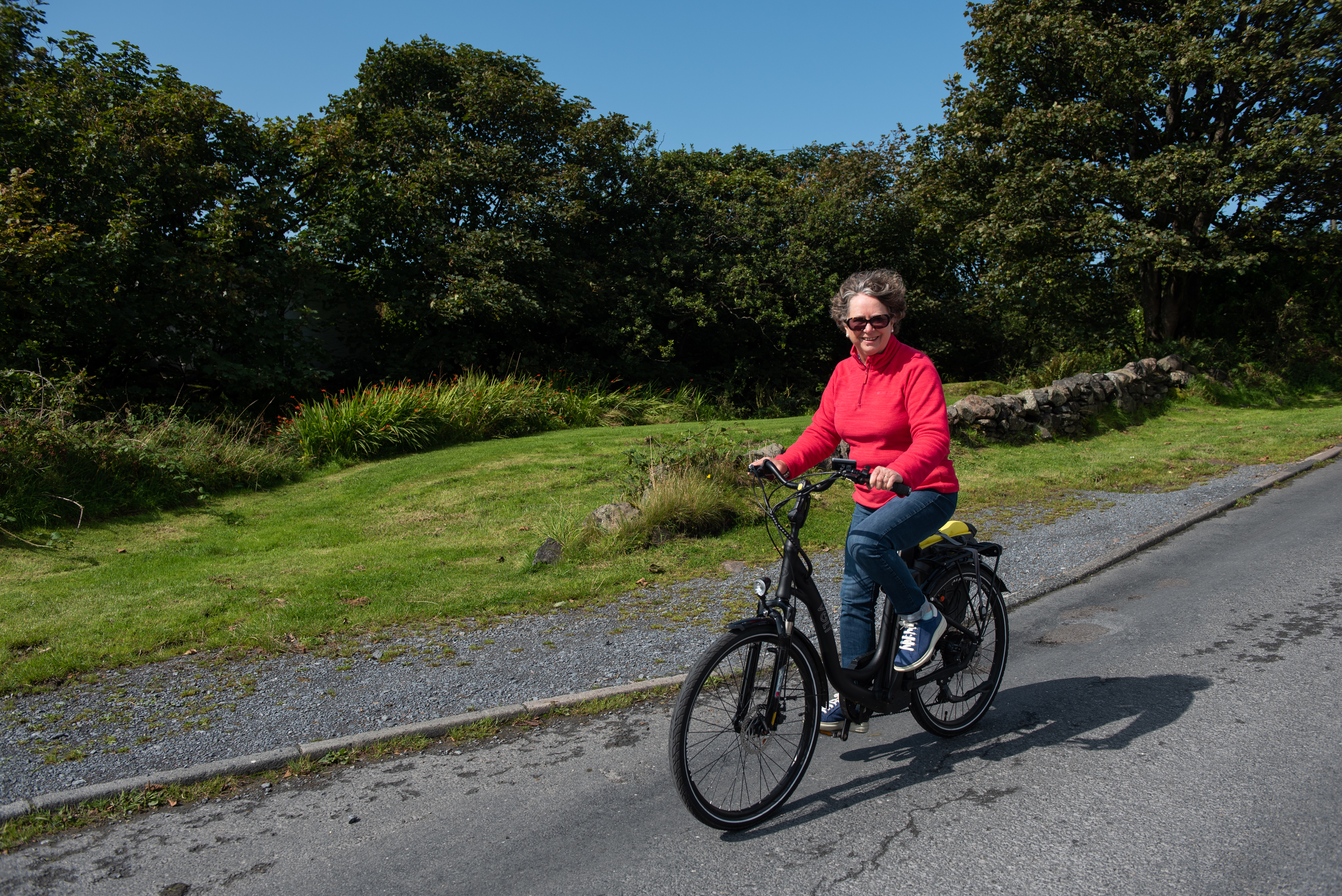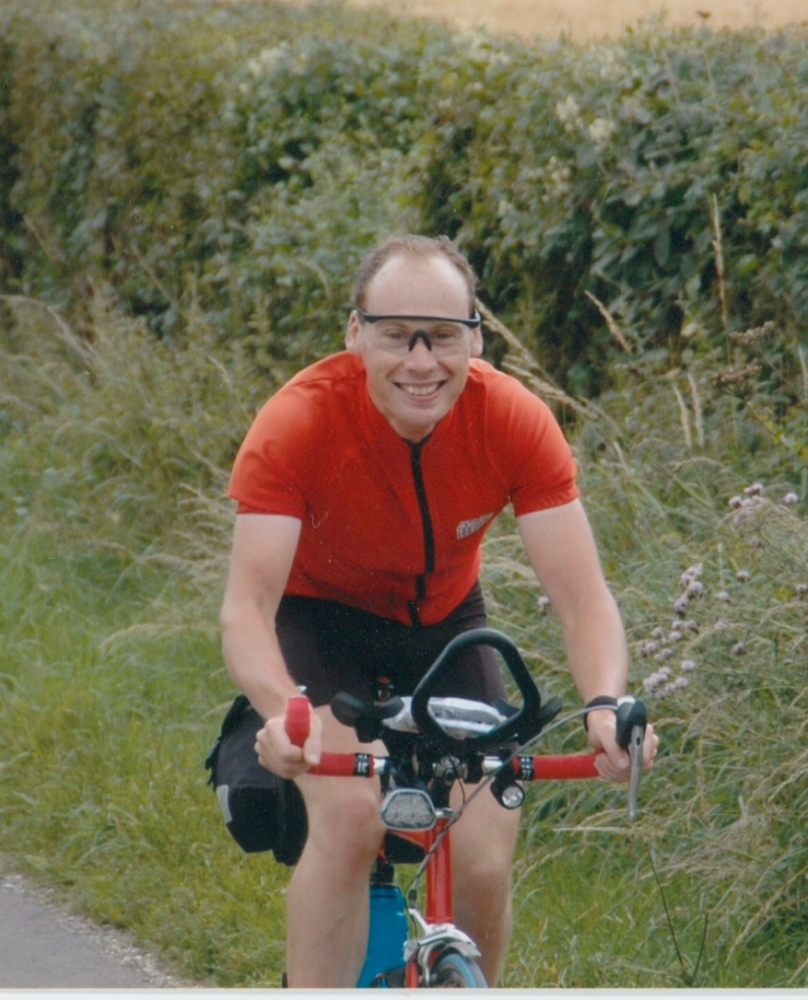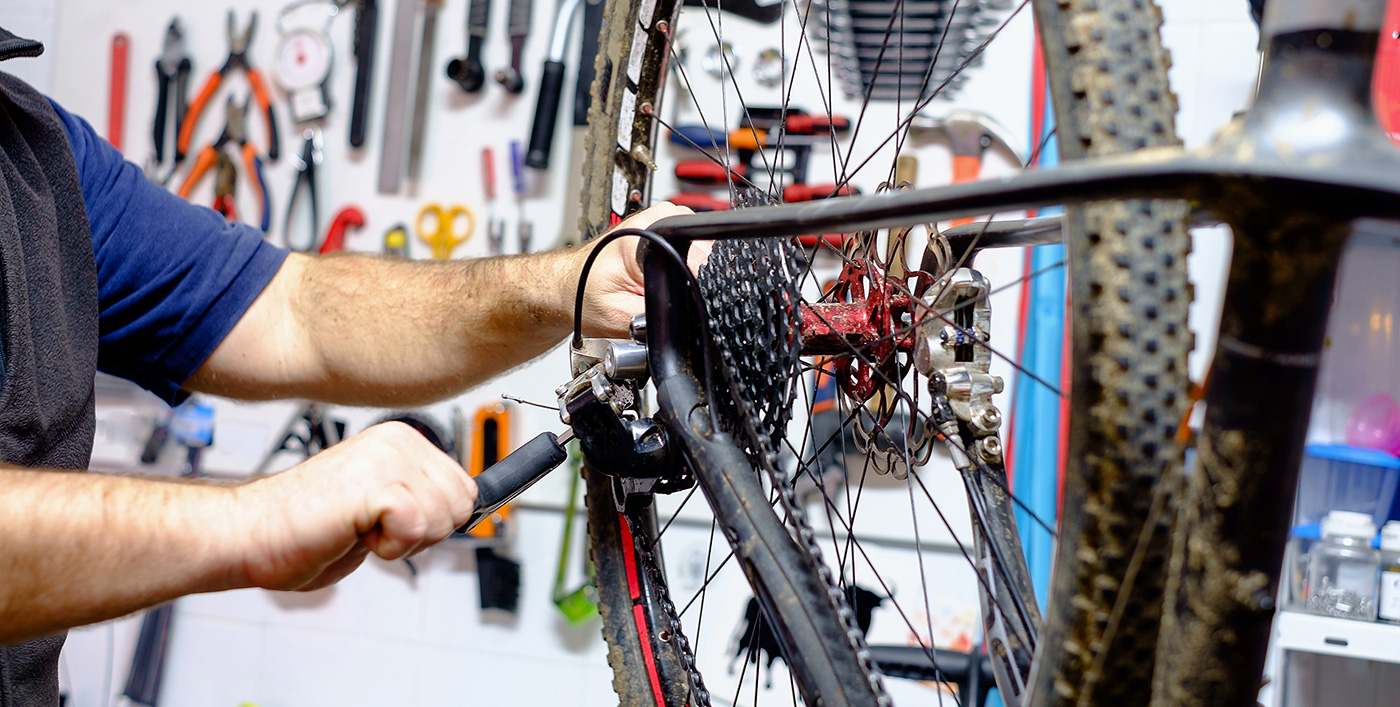How Cycling UK's pop-up Dr Bike sessions are the first line in bringing bikes back to life
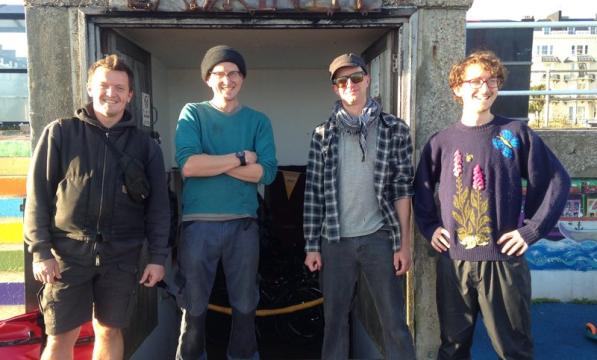
From 15 August, across the country, Cycling UK's Dr Bike events will be carrying out a bike ‘triage’ service: fixing minor repairs and checking to make bikes safe and road worthy.
The majority of bike ailments can be fixed on the spot, meaning you can attend these events in the knowledge you'll probably be able to ride away on a bike that feels as good as new.
Jenny Box, Cycling UK’s head of behaviour change who is leading on the charge to get England's bikes back on the road said:
“Cycling UK estimates there are just over 16.5 million unused bikes in England - ‘shed’ bikes so to speak. Most of their ailments, like loose brakes, skipping gears or incorrect saddle height, are all things which Cycling UK’s Big Bike Revival can fix for free right then and there."
Most [bike] ailments...are all things which Cycling UK’s Big Bike Revival can fix for free right then and there.
Jenny Box, Cycling UK head of behaviour change
Cycling UK's trained bike mechanics will in turn free up capacity for retailers taking part in the Government's Fix Your Bike voucher scheme, so that they can fix those bikes which need more time-consuming work to make then road ready again. If you take your bike along to one of our pop-up sessions and mechanics discover a fault they can't tackle there and then they will be able to refer you to the nearest bike shop participating in the voucher scheme.
Miss Box explains, "These Dr Bike sessions will take the brunt off retailers enrolled in the voucher scheme by saving them time from fixing the common problems, and leaving them to repair the bikes which need a bit more TLC than an on the spot repair can provide.”
Tim Godwin has helped bring hundred of bicycles into great nick through Hastings Bike Lab a volunteer-run community bike workshop on the South Coast. Cycling UK spoke to Tim about the three most common problems a mechanic encounters at a Dr Bike and what else to expect if you bring your 'shed' bike along to one of the sessions.
What are the most common faults?
Each of these three issues can be quickly and efficiently mended on the spot by a skilled mechanic.
Who should come to these events?
In short anyone with a bike can and does come, but Tim sees quite a lot of families and expects with the growth of family cycling seen during lockdown that this will be increasingly be the case this year too.
He explained: “We get lots of children’s bikes brought to these events and this is usually where the brake problems are the worst.” Tim’s advice to avoid becoming one of those parents bringing along their youngster’s bike to a session is to be extra careful when loading and unloading a bike if you are transporting it by car. “Often it is because parents have unwittingly caused damage by attempting to fit the bike into the back of the car,” he says.
While some adults wouldn’t dream of handling their expensive road bike the way they might a small child’s frame, others Tim believes, may be less inclined to spend too much time maintaining their bike as long as it continues to get them from A to B. “Some people ride thousands of miles each year commuting and their bicycle has not been serviced for a long time and needs a lot of attention when they bring it along because it has had a lot of wear.
"The other end of the spectrum are the people who have invested quite a bit in an expensive bike which they look after carefully and then it will need hardly any work but they may still want to come along to get advice on particular components or potential improvements to their set-up. We try to cover all levels of interest in the workings of your bike.”
How long will it take to get my bike serviced at a Dr Bike session?
It is quite difficult to generalise as there is no such thing as a typical day but the standard triage time per bike would be around 10-15 minutes. How long you might have to wait at a drop-in event will depend on the number of jobs the team have to do in the time and what tools they have with them compared to your full workshop set up.
Tim says: “We usually have three workstations set up at these events and would expect each individual to deal with anything from three bikes in an hour up to around eight bikes in the hour, if all the jobs and checks are uncomplicated.”
The extra requirements for social distancing and hygiene to minimise the risk of spreading the coronavirus will also affect how fast the mechanics can work.
The benefits of 'pop-up' clinics
For the mechanic, the event is an opportunity to explain to the owner what the problem was, how they are fixing it and signs to look out for in the future to prevent need for further repairs. There is also the possibility of a vintage or rare bike being brought in which, for the mechanic will be more rewarding to work on, than a mass-produced modern design.
Is anything ever totally beyond repair?
Cycling UK estimates there are more than 16.5 million unused bikes in England but even those in the worst condition are probably salvageable. Tim said: "We don't turn away many bikes because more major repairs are needed. In the majority of cases I feel that we could help in some way to make the bike better and where the work required was more significant or specialist, we will refer the owner to a local bike shop taking part in the Government voucher scheme.



